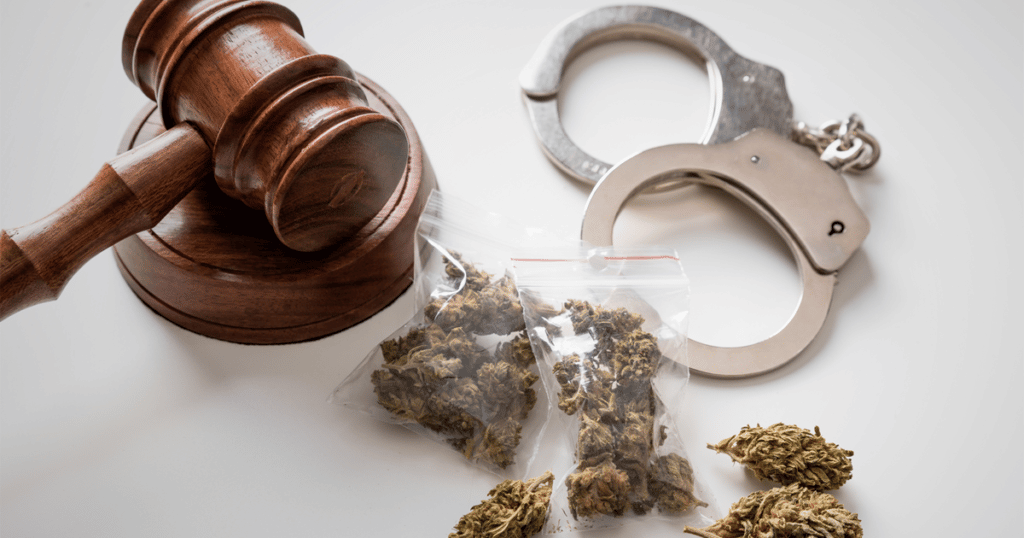Connecticut Governor Ned Lamont recently announced an expungement policy that will pardon over 40 000 residents with cannabis possession charges in the state as of January 1st, 2023. This follows a pardon made by Governor Kate Brown of a similar scale last month in Oregon.
How Does The New Policy Work?
In October, President Joe Biden issued a pardon for all federal cannabis possession offenses. President Biden also called on U.S. governors to jump on the bandwagon at the state level.
Connecticut, among other states, has followed suit. Under this new policy, the state will partially or entirely erase the records of individuals convicted under state law for cannabis possession. The new expungement policy comes as part of the state’s adult-use cannabis legalization law, approved by lawmakers and signed into law by Gov. Lamont in June 2021.
The new law will go into effect on January 1st, 2023, and will automatically erase all cannabis-related convictions from that date forward. That means that people convicted of possessing four ounces or less of cannabis between January 1st, 2000, and September 30th, 2015, will have their charges erased as soon as the new plan goes into effect.
This is great news for individuals in the state who meet the criteria, as it can majorly impact their lives. For those trying to get a job, education, or housing, an expungement could help clear up their record, giving them equal access to those opportunities.

Who Needs To File For A Petition?
Individuals with cannabis-related charges that do not fit the pardon criteria still have a chance to have their records cleared. The Connecticut legislature passed a law that allows people convicted of possessing less than four ounces of cannabis to file a petition in the Connecticut Superior Court to have their convictions dismissed. These convictions must have occurred before January 1st, 2000, or between October 1st, 2015, and June 30th, 2021.
Other eligible convictions include possession of cannabis-related drug paraphernalia (things like pipes or bongs), which must have been imposed before July 1st, 2021. Individuals with convictions for manufacturing, selling, and possessing with intent to sell. The list also includes individuals with convictions for giving cannabis to another person less or equal to four ounces before July 1st, 2021.

The cannabis possession conviction pardon by Governor Lamont in Connecticut means that the state is moving towards a more progressive approach to cannabis legalization. It also helps set an example for other states to enact similar legislation and make it easier for people convicted of cannabis possession to live normal lives.
Enjoyed that first hit? Come chill with us every week at the Friday Sesh for a freshly packed bowl of the week’s best cannabis news!

















